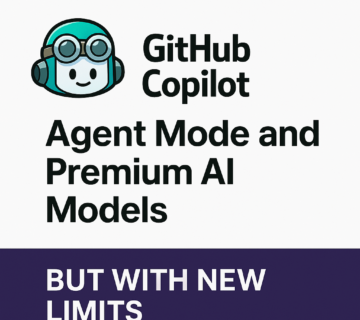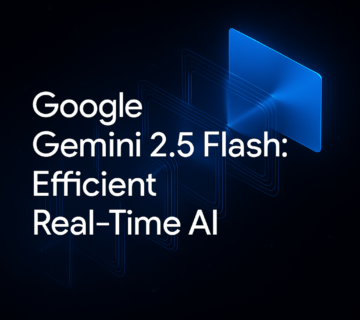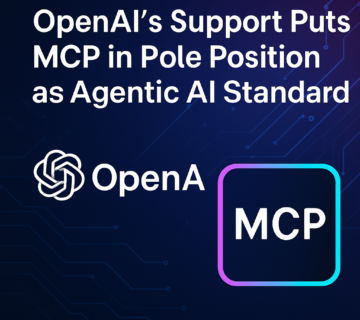
GitHub Copilot Unveils Agent Mode and Premium AI Models—But With New Limits
GitHub Copilot has introduced significant enhancements, including Agent Mode for automated coding tasks and the Model Context Protocol (MCP) for improved contextual awareness. Alongside these features, GitHub now offers access to premium AI models like Claude 3.7 Sonnet and GPT-4o. However, this enhanced functionality comes with new subscription tiers and usage limitations, restricting access to premium models based on the chosen plan. These updates aim to provide developers with more powerful AI assistance while also establishing a sustainable model for Copilot's future. Technijian offers services to help organizations integrate and optimize their use of these new Copilot capabilities. ... Read More



